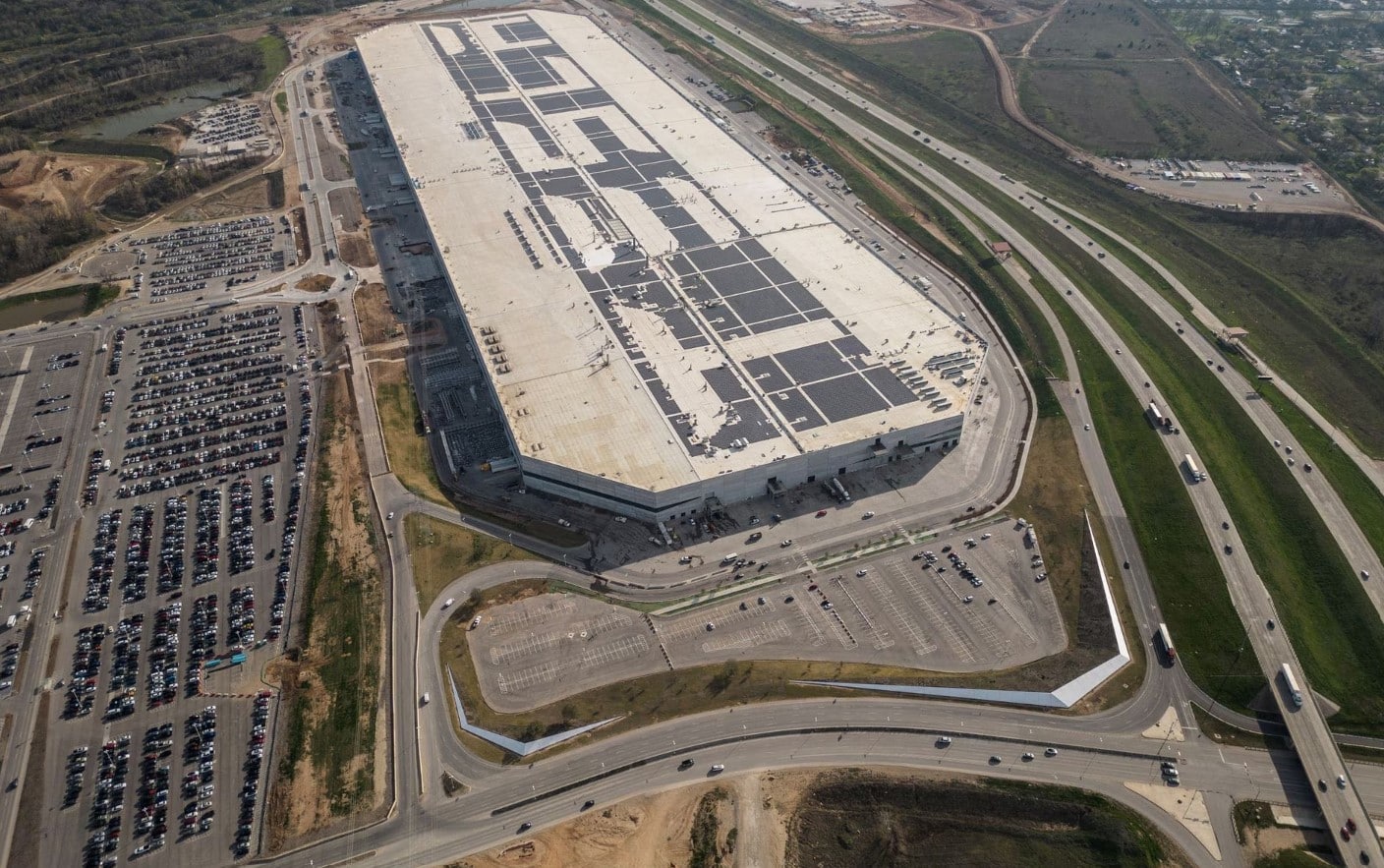Tesla Inc (TSLA.O) will cut assembly costs by half in future generations of cars, engineers told investors on Wednesday, but Chief Executive Elon Musk did not unveil when it will debut a much-awaited affordable electric vehicle.
Shares fell more than 5 per cent in after hours trade following the company’s investor day from its Texas headquarters.
More than a dozen Tesla executives led by Musk discussed everything from a white-paper plan for the globe to embrace sustainable energy to the company’s innovation in managing its operations from manufacturing to service.
The presentation featured an array of senior engineers, including the new global production chief, Tom Zhu, a nod to Tesla’s attempt to show the depth of its executive bench beyond Musk, the face of the company.
But there were no details about when next generation cars would be launched and what models would be offered.
Musk had been expected to lay out a plan to make a more-affordable electric vehicle (EV) that would broaden his brand’s appeal and fend off competition.
Executives said Tesla’s next generation platform would include more than one vehicle built in standardized factories, but Musk brushed off questions about models in mind.
Tesla’s chief financial officer, Zach Kirkhorn, and others underscored their dedication to cutting production costs.
Kirkhorn estimated Tesla must invest six times more than it has to date to hit its long-term target of increasing output to 20 million vehicles annually by 2030, a 10-fold increase from current capacity. The bill could be $175 billion, he said.
The next investment step will be a new Tesla factory in northern Mexico, Musk said, announcing the first plant outside of the United States, Germany and China.
Musk did not comment on plans to revamp the Model Y sedan next year, called Project Juniper that Reuters flagged in a report on Wednesday, or a revamped version of its Model 3 sedan – a project codenamed Highland which Reuters has reported will go into production in September.
Design chief Franz von Holzhausen said the Cybertruck pickup is coming this year.
MASS MARKET
Capturing the mass market is critical to Tesla’s annual production goal, which is more than the combined production of the two largest volume vehicle makers – Germany’s Volkswagen (VOWG_p.DE) and Japan’s Toyota (7203.T).
It would also represent a sales volume for Tesla alone of about a quarter of last year’s total global car sales.
Musk said the key to driving Tesla’s sales volume would be bringing prices down for consumers, adding that Tesla’s discounts offered this year had stoked demand.
“The desire for people to own a Tesla is extremely high. The limiting factor is their ability to pay for a Tesla,” Musk said.
Tesla is the most valuable automaker, but its stock has swung wildly. Shares are down about half from their November 2021 peak, but have rebounded more than 60 per cent this year.
Musk said Tesla could need as few as 10 models, which at target production would amount 2 million sales per year for each model line. By comparison, Toyota sells just over 1 million Corollas a year globally.
Tesla already has a lead over its rivals in manufacturing EVs at a profit. Chief Engineer Lars Moravy said the company expects to build its next-generation vehicles for half the cost of the current Model 3 or Model Y.
Moravy described a production process for future EVs he called an “unboxed” model of snapping together sub-assemblies to reduce complexity and time in production.
Tesla executive Peter Bannon gave an example of how the company uses data to cut costs. Customer data showed Tesla owners did not use the sun roof, he said, “so we removed it.”
High-profile Tesla investor Ross Gerber tweeted that the presentation amounted to a “Huge tease” on the next-generation vehicle. “It’s coming. They laid it all out. 50 per cent less cost to build. Would get you a $25-$30k EV!”
Tesla has outperformed the industry in recent years, increasing deliveries rapidly despite the pandemic and supply-chain disruptions.
But Tesla cut prices in recent months to boost sales, which were pressured by a weak economy and growing threats from rivals in the United States and China.
Tesla will also have to improve its battery technology, which Musk has called the “fundamental limiting factor” for the transition to sustainable energy and more affordable cars.
Tesla has been struggling to scale up the production of advanced batteries, called 4680s. Executives on Wednesday said it was likely they could hit volume production this year, but added they were still testing two different production processes.







Click here to change your cookie preferences